
CBN’s MPC Holds Rates Steady: A Strategic Pause Amid Inflation Slowdown
The Monetary Policy Committee (MPC) of Nigeria’s Central Bank (CBN) has opted to maintain its benchmark interest rate at 27.5%, halting months of aggressive tightening. The decision, announced after its 300th meeting in Abuja, reflects cautious optimism as inflation shows signs of easing and foreign exchange (FX) pressures moderate.
Key Decisions at a Glance
- 🔄 Policy Rates Unchanged:
- Monetary Policy Rate (MPR): 27.5%
- Cash Reserve Ratio (CRR): 50% (Deposit Banks), 16% (Merchant Banks)
- Liquidity Ratio: 30%
- 📉 Inflation Cools: Headline inflation dipped to 23.71% in April (from 24.23% in March), driven by improved food supply and fuel price stability.
- 💵 FX Market Gains: Narrowing gap between official and parallel market rates signals growing confidence in CBN reforms.
Why the Hold? Cardoso’s Strategic Vision
CBN Governor Olayemi Cardoso emphasized the pause allows the MPC to “gain clearer insights into evolving macroeconomic dynamics” while anchoring inflation expectations. Key drivers of the decision include:
- Slowing Inflation: Food inflation eased to 21.26% (from 21.79%), and core inflation dropped to 23.39%.
- FX Stability: Reforms like the Non-Resident BVN Initiative aim to boost diaspora remittances and reserves by $1B monthly.
- Private Sector Collaboration: “Banks will drive growth; we’re catalysts,” Cardoso stated, underscoring CBN’s support for private-led solutions.
Bright Spots: Reserves, Reforms, and Resilience
- 🌍 Diaspora Push: The Non-Resident BVN system targets seamless remittance inflows, leveraging Nigeria’s global diaspora network.
- 🏦 Banking Sector Strength: Improved performance metrics and ongoing recapitalization efforts signal sector resilience.
- 🌾 Agricultural Wins: Govt initiatives to curb insecurity in farming zones bolster food supply – a critical inflation buffer.
Lingering Risks: Electricity, FX Demand, and Oil Volatility
Despite progress, the MPC flagged persistent threats:
- ⚡ High Energy Costs: Rising electricity tariffs fuel inflationary pressures.
- 💱 FX Demand-Supply Gaps: Structural challenges and speculative activities strain liquidity.
- 🛢️ Oil Price Risks: Global crude price declines (linked to non-OPEC output and U.S. trade policies) threaten fiscal stability.
Cardoso urged fiscal authorities to prioritize gas, oil, and non-oil exports to diversify FX earnings.
What’s Next?
- Inflation Watch: MPC expects further moderation if food security and FX reforms hold.
- Rate Cut Hopes? Analysts speculate easing could begin in Q4 2025 if inflation trends below 20%.
- Private Sector Mobilization: Banks to lead BVN-driven remittance growth, reducing CBN’s direct intervention.
Join the Conversation!
Do you agree with the MPC’s decision to hold rates? Can Nigeria sustain its inflation slowdown? Share your insights below!
[CTA]: “Subscribe for expert analysis on Nigeria’s economic policies, inflation trends, and CBN strategies.”
Why This Matters:
The MPC’s pause marks a pivotal moment in Nigeria’s fight against inflation. With bold reforms and private sector synergy, the CBN aims to balance growth and stability – but global oil shifts and structural gaps remain wildcards.
Stay tuned for real-time updates on Nigeria’s economic recovery journey.




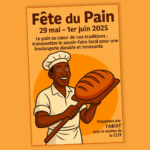
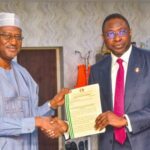



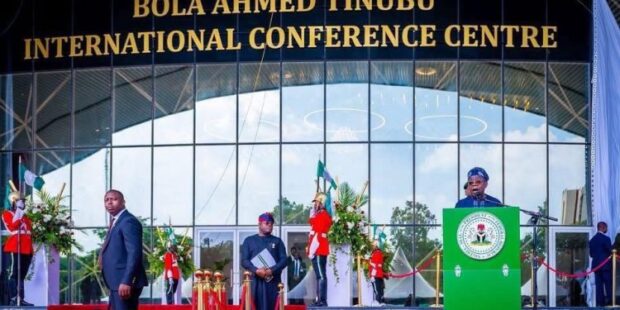
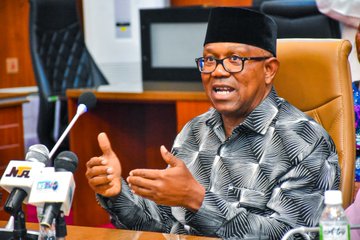
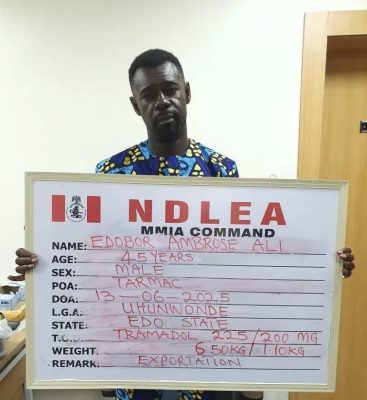
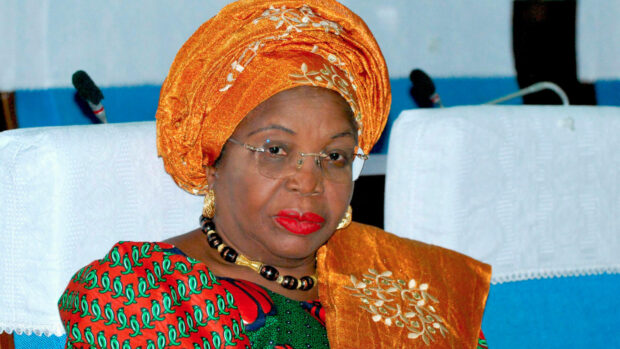




Be the first to leave a comment